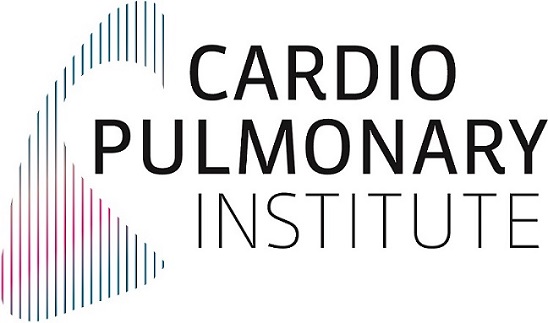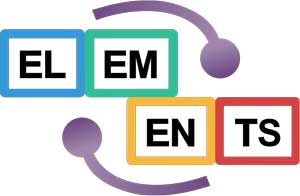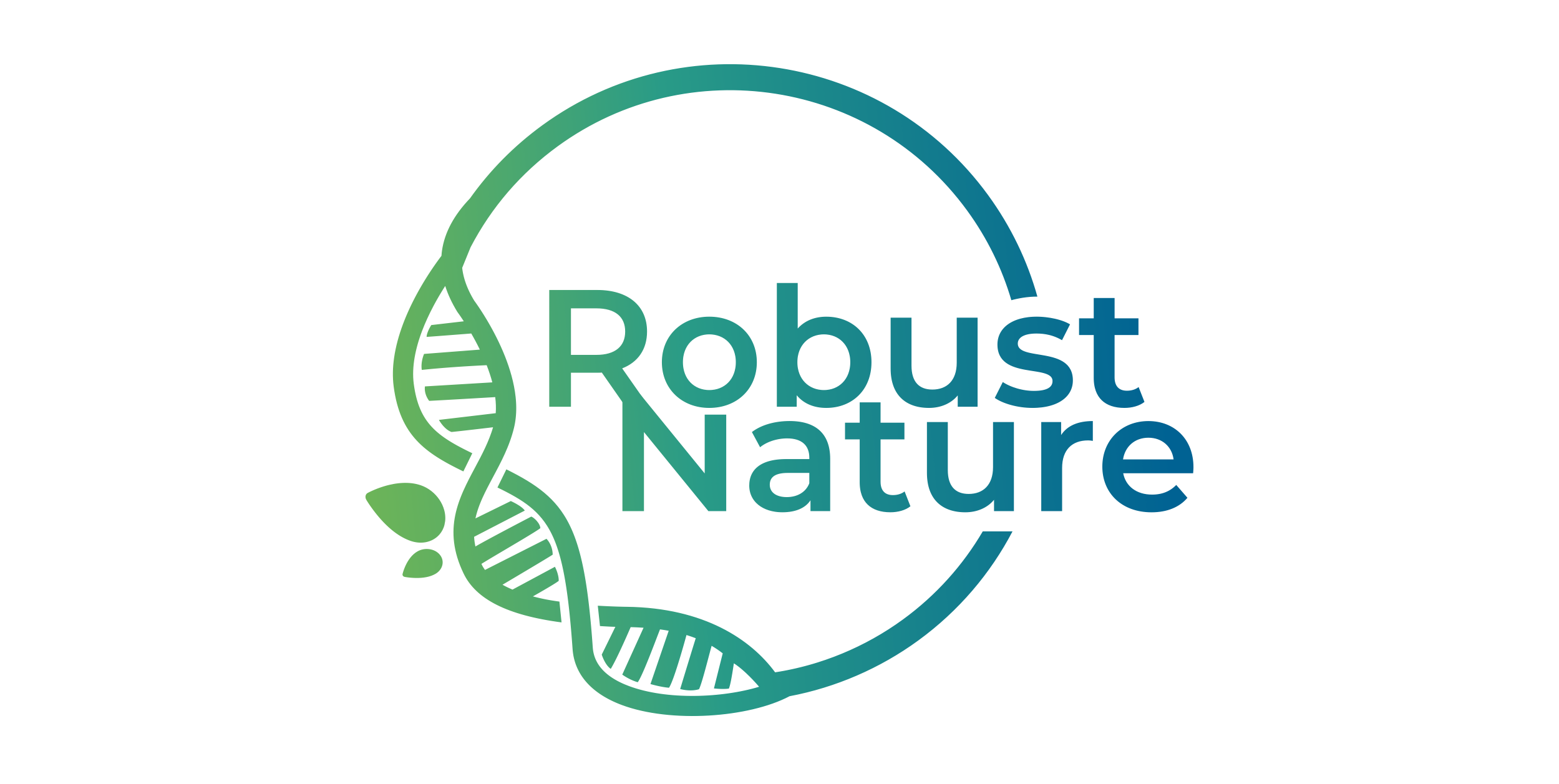- 01 Rechtswissenschaft
- 02 Wirtschaftswissenschaften
- 03 Gesellschaftswissenschaften
- 04 Erziehungswissenschaften
- 05 Psychologie und Sportwissenschaften
- 06 Evangelische Theologie
- 07 Katholische Theologie
- 08 Philosophie und Geschichtswissenschaften
- 09 Sprach- und Kulturwissenschaften
- 10 Neuere Philologien
- 11 Geowissenschaften/Geographie
- 12 Informatik/Mathematik
- 13 Physik
- 14 Biochemie, Chemie und Pharmazie
- 15 Biowissenschaften
- 16 Medizin
Project Database
Research Projects
Degree Programs
- Aktuelles und Presse
- Pressemitteilungen
- Öffentliche Veranstaltungen
- Uni-Publikationen
- Aktuelles Jahrbuch
- UniReport
- Forschung Frankfurt
- Aktuelle Stellenangebote
- Frankfurter Kinder-Uni
- Internationales
- Outgoings
- Erasmus / LLP
- Goethe Welcome Centre (GWC)
- Refugees / Geflüchtete
- Erasmus +
- Sprachenzentrum oder Fremdsprachen
- Goethe Research Academy for Early Career Researchers
- Forschung
- Research Support
- Forschungsprojekte, Kooperationen, Infrastruktur
- Profilbereich Molecular & Translational Medicine
- Profilbereich Structure & Dynamics of Life
- Profilbereich Space, Time & Matter
- Profilbereich Sustainability & Biodiversity
- Profilbereich Orders & Transformations
- Profilbereich Universality & Diversity

















